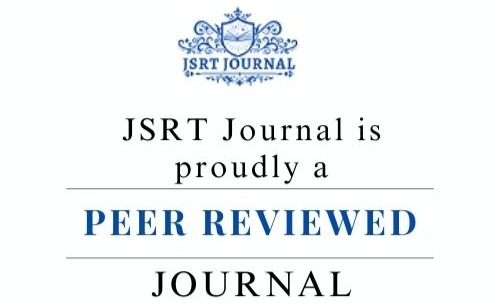The Role Of Blockchain And Smart Contracts In Business Law
DOI:
https://doi.org/10.61808/jsrt204Keywords:
Blockchain, Smart Contracts, Business Law, Decentralized Finance (DeFi), Decentralized Autonomous Organizations (DAOs), Tokenized Assets, Financial RegulationAbstract
Blockchain technology and smart contracts are transforming the legal landscape of global business transactions by enhancing security, transparency, and efficiency. These decentralized technologies eliminate intermediaries, reducing transactional costs while increasing trust through immutable records. However, their legal implications remain complex, as traditional contract law struggles to adapt to self-executing agreements that lack centralized enforcement mechanisms.
The rise of decentralized finance (DeFi) further complicates the future of business law, as it challenges conventional regulatory models by removing centralized authorities from financial transactions. The legal treatment of decentralized autonomous organizations (DAOs), tokenized assets, and smart contract- based lending platforms remain ambiguous, raising concerns about fraud, compliance, and enforcement. As blockchain adoption grows, legislative reforms will be necessary to establish legal certainty while fostering technological advancements.
The integration of artificial intelligence and blockchain in legal services may also redefine contract formation, enforcement, and dispute resolution, shaping the next era of business law. A harmonized global legal approach will be essential to mitigate risks while leveraging blockchain’s potential to create a more efficient and trustworthy commercial ecosystem.











